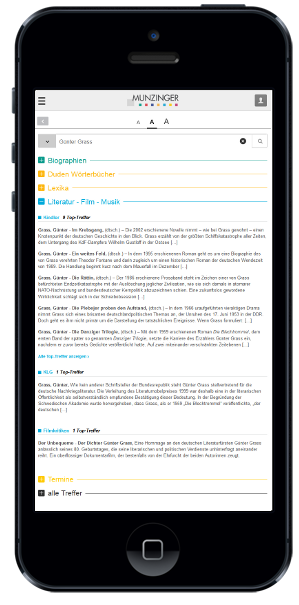
Everybody is talking about data. Experimental scientists live and breathe data. Theorists are challenged by data. Funders are wondering how to make the data produced with their support more accessible without stretching their budgets. Research communities are seeking new data repositories, and standards to support them. And scientific publishers are wondering how to host data and provide quality control.
Scientific Data is a new journal, launched by Nature’s publishers in May 2014 that will help to address some of these challenge. It’s an open-access, online-only publication for descriptions of scientifically valuable datasets, and exists to help researchers to publish, discover and reuse research data.
Scientific Data primarily publishes Data Descriptors, a new type of scientific publication designed to promote an in-depth understanding of research datasets. Data Descriptors combine traditional scientific article content with structured information curated in-house, and are devised to maximize data reuse and enable searching, linking and data-mining.
Data Descriptors include detailed descriptions of the methods used to collect the data and technical analyses supporting the quality of the measurements, but do not contain tests of new scientific hypotheses, extensive analyses aimed at providing new scientific insights, or descriptions of fundamentally new scientific methods. Find more information about Data Descriptors here.
Scientific Data aims to address the increasing need to make research data more available, citable, discoverable, interpretable, reusable and reproducible.
You may access Scientific Data directly; alternatively you’ll find the link at findit.lu > e-journals.





